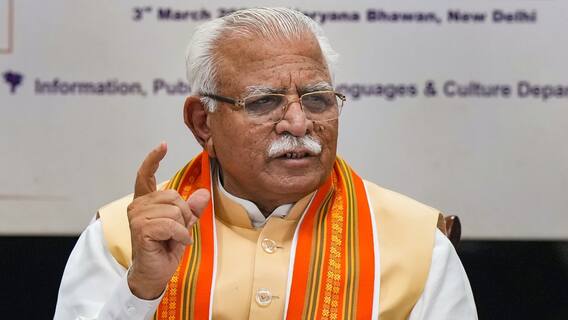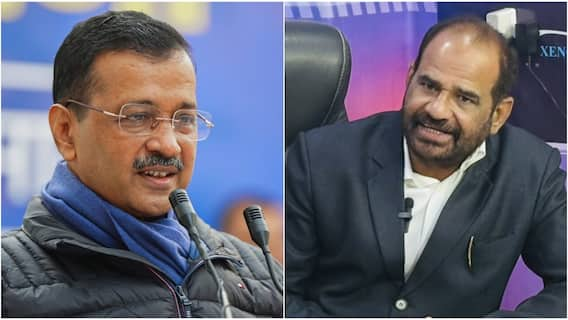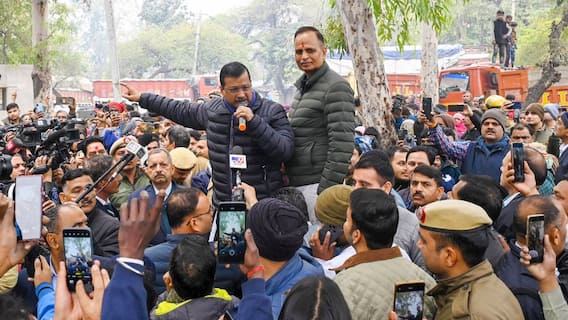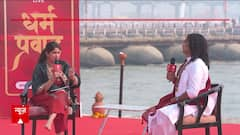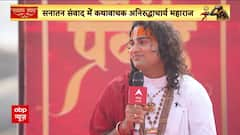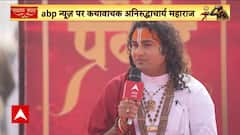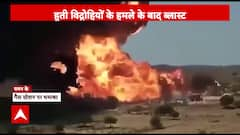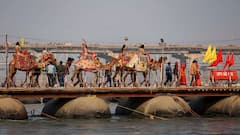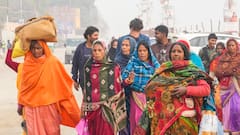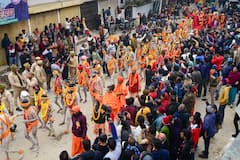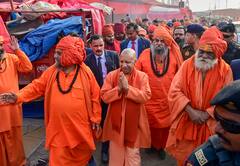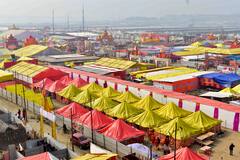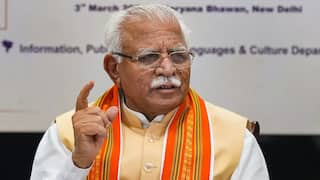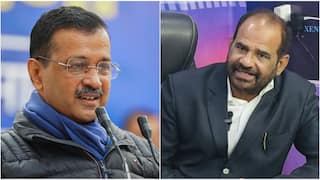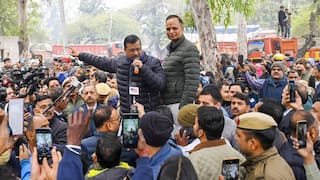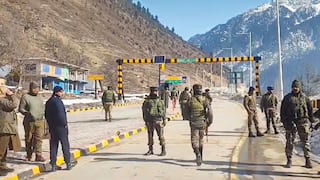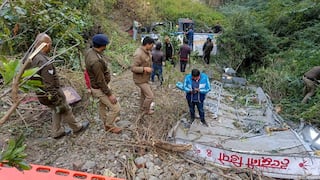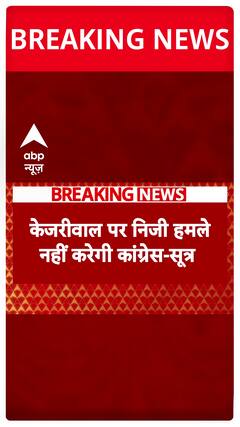India Showed The World 'Enough Is Enough': Ex-Army Chief Naravane On LAC Clash With China
Ex-Army chief Manoj Mukund Naravane highlighted how India stood up to China's "wolf-warrior diplomacy" and "salami-slicing tactics" that had been intimidating smaller neighbours.

Former chief of Army Staff, General (Rtd) Manoj Mukund Naravane, detailed the Indian response to Chinese aggression in his memoir, "Four Stars of Destiny," providing a gripping account of the deadly Galwan Valley clashes in 2020. The 28th Army chief highlighted how India stood up to China's "wolf-warrior diplomacy" and "salami-slicing tactics" that had been intimidating smaller neighbours, news agency PTI reported.
Recalling the tragic Galwan Valley incident in June 2020, Naravane stated that it was a turning point where the Chinese People's Liberation Army (PLA) suffered fatal casualties for the first time in over two decades. "June 16 is (Chinese President) Xi Jinping's birthday. This is not a day he will forget any time soon. For the first time in over two decades, the Chinese and the PLA had suffered fatal casualties," he noted, according to PTI's report.
The memoir sheds light on the confrontation in eastern Ladakh, describing it as a significant challenge during Naravane's tenure as the Army Chief from December 31, 2019, to April 30, 2022. He emphasised that China had been employing assertive tactics, prompting India and the Indian Army to take a stand against the "neighbourhood bully."
ALSO READ | Adversaries 'Increasing Military Footprints': Army Chief Cautions On 'Proxy-War Pursuits'
Naravane On What Caused India's Eastern Ladakh Clash With China
Reflecting on the Galwan Valley clash, Naravane explained that it occurred due to the Chinese PLA's refusal to remove tents erected in Patrolling Point 14. The Indian Army decided to pitch its own tents in response, leading to a violent reaction from the Chinese side.
"They had been following wolf-warrior diplomacy and salami-slicing tactics everywhere with impunity, browbeating smaller neighbours like Nepal and Bhutan, while staking their ever-increasing claims in the South China Sea, without having to pay any costs, especially in terms of human lives. It took India and the Indian Army to show to the world that enough is enough and to challenge the neighbourhood bully," he remarked, as per the report.
Describing the night of the clash, Naravane detailed the fierce engagement, where neither side opened fire but used batons, clubs, and stones. The violence resulted in the death of 20 Indian Army personnel, making it "one of the saddest days" in the former army chief's career.
"We are in a profession where death is always lurking around the corner. Every patrol or ambush can be your last. As a Company and Battalion Commander, my unit had suffered casualties, and I was always stoic in the face of adversity or bad news. Yet, losing 20 men in a day was hard to bear," he writes.
Army Men Saw 'Several Bodies Fished Out Of Water': Naravane On PLA Casualties In LAC Skirmish
Regarding casualties on the Chinese side, Naravane mentioned reports indicating substantial losses.
"Our men who were in Chinese hands had been kept out in the open and they had seen several bodies being fished out of the river. Whenever that happened, they were subjected to a fresh round of beatings," he mentioned.
He further noted, "The sheer savagery of their response was in itself indicative of the losses they had suffered." Naravane referred to a report by Australian researchers putting the figure at least 38 and a Russian (TASS) report estimating around 45 were killed.
The memoir highlights how the crisis in eastern Ladakh prompted the Army's rebalancing to the northern front. Naravane expressed that the increase in force ratios on the Northern Front serves as a deterrent, making the PLA think twice before any misadventure. He added, "In our posture against China, we have moved up from dissuasive deterrence (defensive) to credible deterrence (offensive defence)."
Regarding the ongoing border dispute, Naravane suggested the resumption of special-representative level talks and proposed a "non-aggression" pact between India and China. He believes such a pact would restore confidence and facilitate de-escalation and de-induction of forces.
Trending News
Top Headlines







